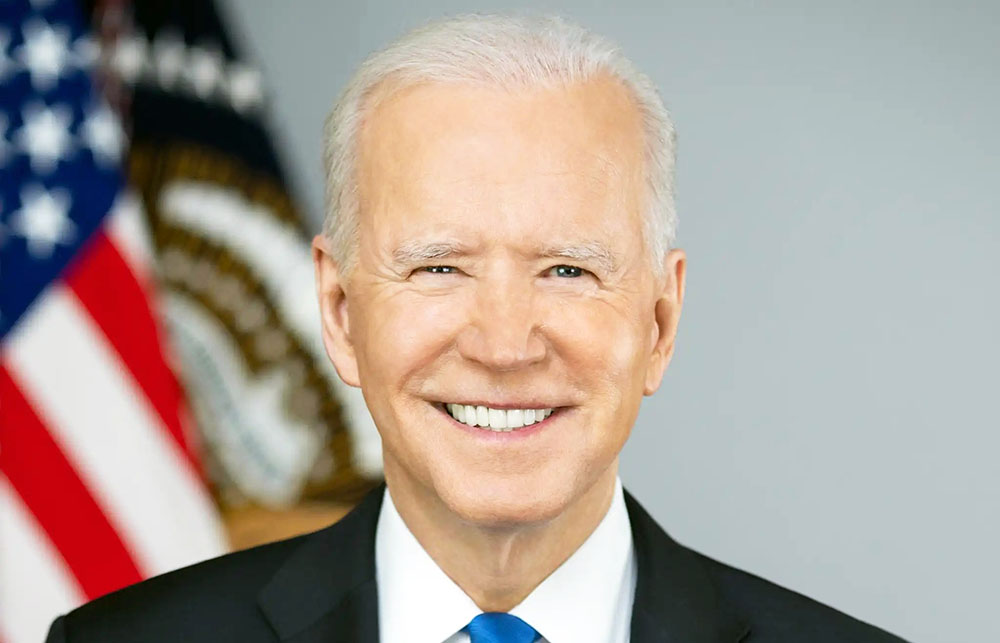
American Diplomat: Biden Administration Erred in Closing Its Embassy in Sudan
Moatinoon
Former U.S. Ambassador to Sudan, Timothy Carney, stated that the Biden administration "made two mistakes regarding the Sudanese crisis." He noted, "The first was failing to appoint a presidential envoy with adequate powers at the beginning of the crisis, instead sending a representative or envoy from the State Department."
As for the "second mistake," Carney criticized Washington’s decision to "close its embassy in Khartoum and not open a diplomatic office in Port Sudan."
In an interview with Alhurra TV, Carney expressed doubt that U.S. envoy Tom Perriello could "accomplish much" in the remaining time of President Joe Bidens term.
He added, "Sending a U.S. envoy with limited authority is insufficient to address the armed conflict in Sudan, especially since both parties (the Sudanese army and the Rapid Support Forces) are unwilling to pursue peace without achieving a military victory."
The U.S. envoy for Sudan, Tom Perriello, is currently leading the administrations efforts to find a political solution to the Sudanese crisis, conducting meetings in Addis Ababa, the Ethiopian capital.
Perriello met with Ethiopia’s Minister of State for Foreign Affairs to discuss ways to establish a lasting political solution to the conflict in Sudan between the army and the Rapid Support Forces, a conflict that has significantly impacted all aspects of life in the country.
Carney emphasized that U.S. support is crucial to ending the war in Sudan, urging the incoming administration of President-elect Donald Trump to "provide logistical and financial support to Sudan and back efforts to deploy peacekeeping forces in the region."
The former ambassador also noted that the previous Trump administration approached Sudan through "deals," pointing out that "Washington promised to lift sanctions and support the country if Khartoum agreed to normalize relations with Israel under the Abraham Accords." He recalled that this deal led to a visit by then-Secretary of State Mike Pompeo to Sudan in late 2020.
Now, however, Carney observed, "It is difficult for Washington to reach a deal with Sudan, especially with escalating events in Gaza."
He speculated that the next Trump administration "is unlikely to offer much support to (Sudanese army commander) Abdel Fattah al-Burhan. Any progress on Sudan will depend on the efforts of regional countries and the African Union."
In this regard, Carney stressed the importance of the African Union and the Intergovernmental Authority on Development (IGAD) playing a role in peace efforts to end Sudan’s conflict and crises. This could involve "deploying peacekeeping forces to protect civilians and providing humanitarian aid."
He concluded his remarks to Alhurra by expressing his belief that "imposing U.S. or international sanctions will not resolve Sudans issues. The key is for the U.S. to urge regional countries close to the warring parties, such as the UAE, Egypt, and Saudi Arabia, to cooperate with the African Union to end the war."
Perriello is scheduled to arrive in Port Sudan, in the eastern part of the country, as part of his persistent efforts to halt the fighting, which began in mid-April last year and has yet to cease.
A few weeks ago, Perriello announced that communication channels with the African Union had been opened to establish monitoring mechanisms for current and future agreements, aiming to protect Sudanese civilians.

